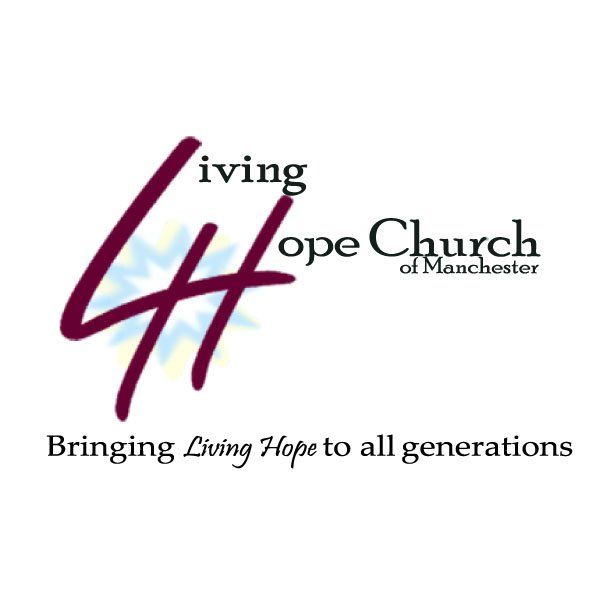Why We Worship
WHY WE WORSHIP
Included in our worship philosophy are these forms of expression found in scripture:
- Singing to Him. (Col.3:16; Psalm 149:1; 2 Chron. 29:27)
- Singing new song. (Psalm 144:9) The word “new” in Aramaic is “Hadas” which means fresh or unused.
- Singing or speaking with your spirit. (1 Cor. 14:14-17) Refers specifically to ‘tongues’.
- Speaking about Him. (Psalm 145:6-12) Refers to praises with the sense of "bubbling over with joy.”
- Playing musical instruments. (Psalm 150:1-6; Psalm 149:3; Psalm 144:9; 2 Chron. 5:11-14 & 29:25-30) These instruments include winds, reeds, strings, brass and percussion.
- Shouting joyfully to Him. (Psalm 47:1; Ezra 3:10-11) Praising God LOUDLY for His triumphs.
- Weeping. (Ezra 3:12-13) Response of intimacy, joy, awe in God’s presence, etc.
- Lifting up your hands. (Neh. 8:6) An outward expression of our hearts. Shows dependence, gratitude or surrender.
- Bowing low with our faces to the ground. (Neh. 8:6; Psalm 95:6-7) Demonstrating reverence and respect.
- Kneeling. (Psalm 95:6) Shows humility, meekness, and submission. It literally means “to bless God.”
- Laying prostrate. (Rev. 1:10-17) Total awe, fear, reverence, humility or adoration.
- Standing in His presence. (Deut. 10:8) Acknowledgement of reverence and service to royalty.
- Clapping our hands. (Psalm 47:1) “The Father’s heartbeat”. Release of joy and thanks. Also a powerful tool against the enemy’s strongholds; many times combined with shouting, praise and singing.
- Meditating. (Psalm 77:12; Phil. 4:8) Pondering the attributes of God in our hearts.
- Dancing. (1 Chron. 15:29; Psalm 149:3 & 150:4; 2 Sam. 6:14-16; Ex. 15:20) Celebrates God’s victory and is a full expression of joy or rejoicing. Dancing also expresses intimacy with the Lord. (An example would be “slow dancing”.)

